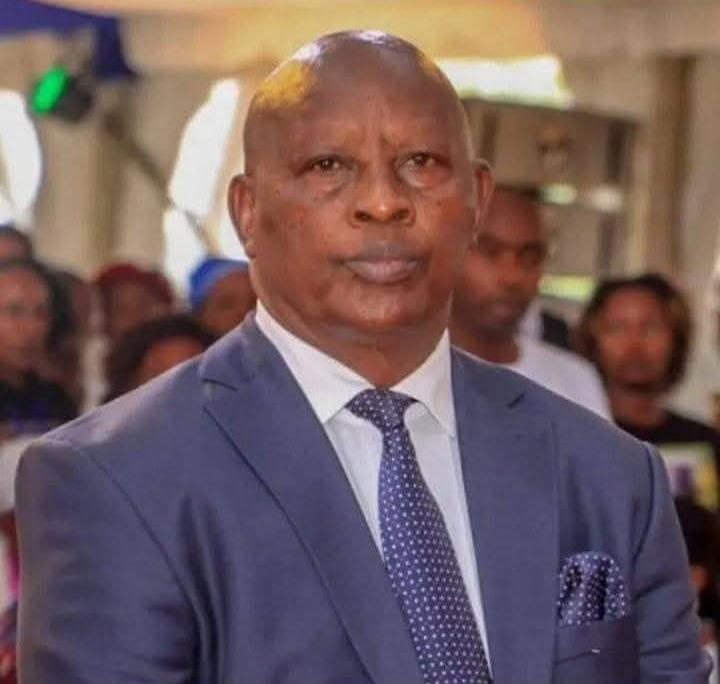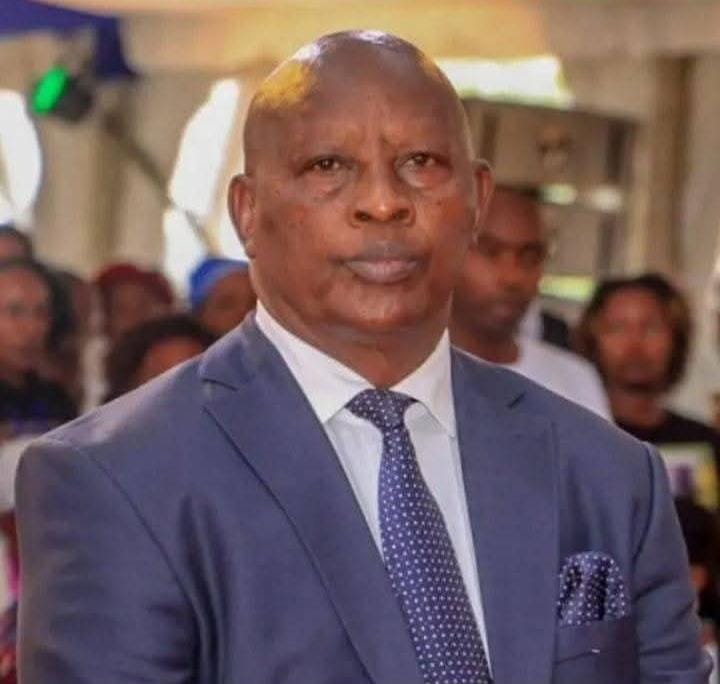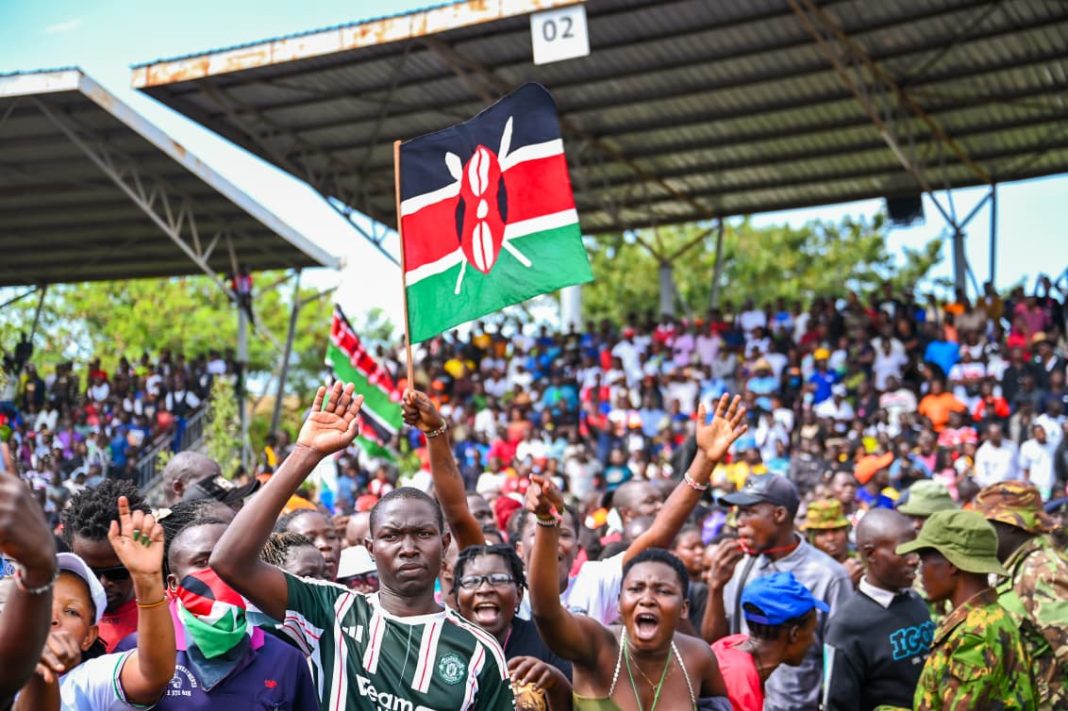By James Okoth
There are moments in politics that expose not just poor judgment, but the complete decay of moral fabric. Nyeri Governor Mutahi Kahiga has just delivered one of those moments — standing before a cheering crowd and, in his Kikuyu dialect, uttering words so venomous that they will stain his political record forever.
“Ruto had focused so much on developing Nyanza region and forsaken the Mt. Kenya region — and because of that, God sent an angel of death and Raila died.”
That was Kahiga. Not in jest. Not in passing. But in a calculated, public pronouncement that mocked the death of a national icon and reduced divine justice to a tribal scorecard.
It was not politics — it was cruelty weaponized.
Raila Odinga’s death shook Kenya to its core. For millions, he was more than a politician; he was the soul of resistance, the man who bled for the freedoms Kahiga now abuses with his tongue. To suggest that God celebrated his death is to spit on decades of struggle, on the blood spilled for democracy, and on the dignity of a family still in mourning.
But Kahiga’s words did not slip by accident. They were a dog whistle — meant to stir ethnic bitterness, to provoke Luo anger, to rally the mountain through hatred rather than hope. Behind this calculated provocation lies a darker design: a political machine desperate to neutralize the emotional power surrounding Babu Owino’s meteoric rise and to fracture the Nairobi vote before 2027.
The scheme is simple but sinister — to paint the Luo resurgence as a threat, to bait outrage, and to create a rift big enough for their own candidate to slip through. But they’ve touched the wrong nerve.
Because the Luo community’s grief is sacred. Their history is steeped in the pain of loss — from Tom Mboya to Jaramogi, to the countless martyrs of political struggle. Every insult has only hardened their resolve. Kahiga’s words have not weakened them; they’ve united them.
Across the country, condemnation is pouring in. Even within Mount Kenya, there’s unease. Many know that mocking death is not courage — it’s cowardice. And they see through the ploy: a desperate man clutching at tribal straws to stay relevant in a changing Kenya.
If Kahiga hoped to win political ground, he has instead dug his own grave — not of soil, but of shame. His remarks have exposed the moral rot in a segment of leadership that confuses arrogance for authority and cruelty for political wit.
This isn’t just about Raila. It’s about the soul of Kenya’s politics — whether we will allow leaders to rise by desecrating the dead and dividing the living.
Kahiga’s words will echo in history, not as a statement of triumph, but as a lesson in how low politics can fall — and how swiftly a nation can rise in disgust against it.




